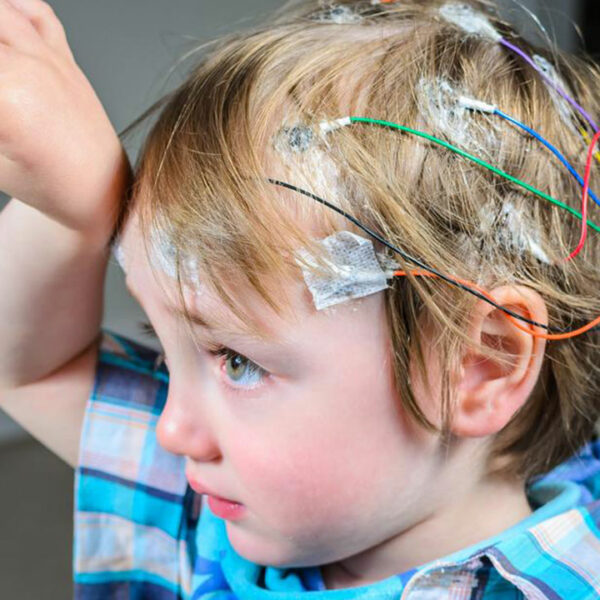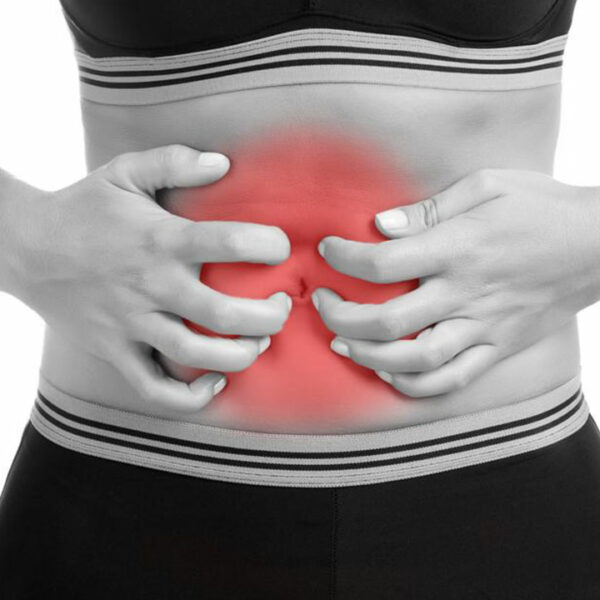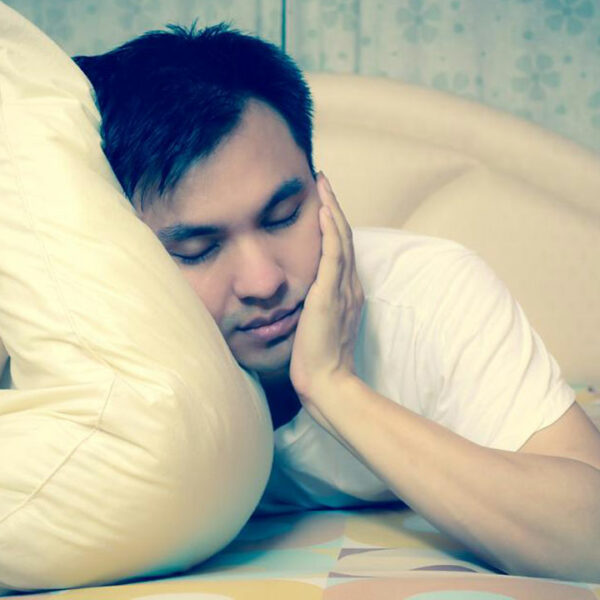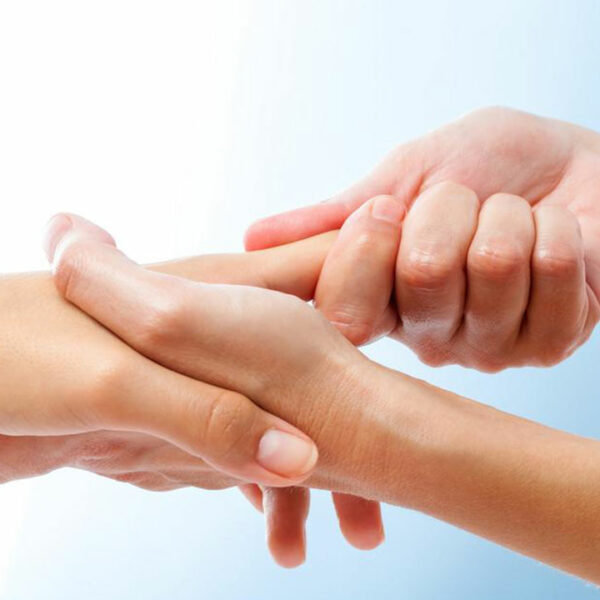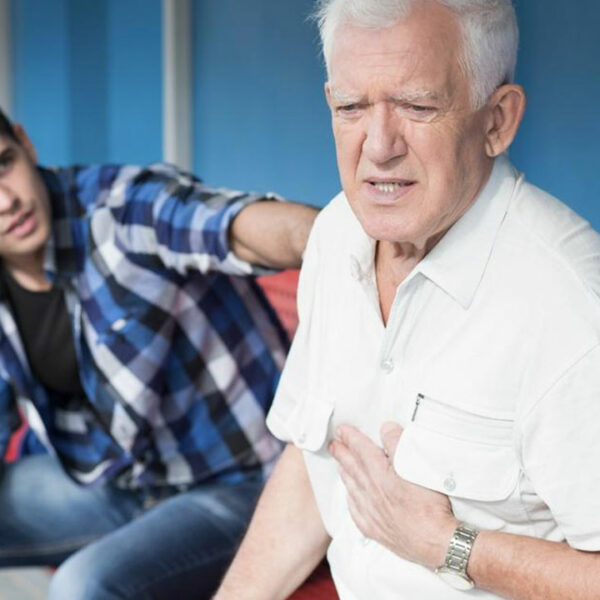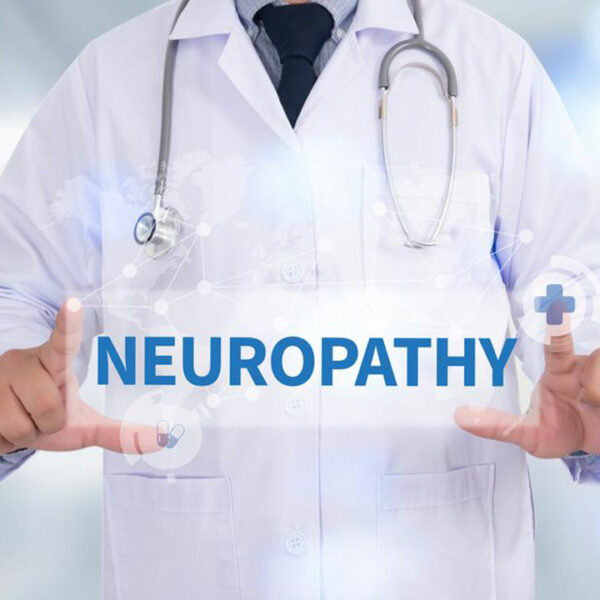
Neuropathy – Types, Causes, and Symptoms
Neuropathy is a condition or a disease where the nerves are affected by either a disease or a malfunction. An injury or disease anywhere in the body can damage the nerves as they are present everywhere in the body taking the signals from central nervous system (that is located in the brain) and sending it to the end organ that has to act or react. Neuropathy is often classified based on the nerves that are affected because of an injury or a disease. Neuropathy affects around 8 percent of people after they turn 55. Here are some types of neuropathy that you should know of to be able to identify the problem based on the causes and symptoms: Peripheral neuropathy – When there is a problem in the nerves and the effect is seen on the nerves that are outside the brain and spinal cord, it is called peripheral neuropathy. You can identify this with neuropathy symptoms like weakness, numbness, and pain in the feet and hands. At times, it may also affect other body parts as well. Proximal neuropathy – There are twelve cranial nerves. When any one of the nerves gets damages, it can cause proximal neuropathy. Cranial nerves come straight out of the brain and hence cause damage in these nerves which in turn can cause problems like Bell’s palsy and third, fourth, and sixth nerve palsy in which your eyes are affected.


